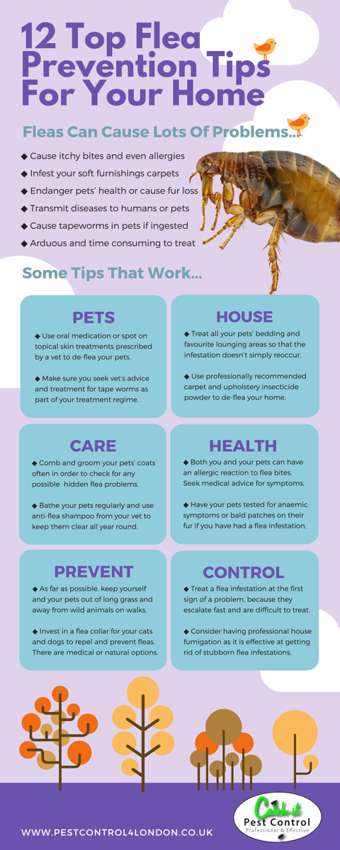Taking Care Of Rat Infestations: Insights Into Rodent Psychology
Taking Care Of Rat Infestations: Insights Into Rodent Psychology
Blog Article
Writer-Cunningham Thorsen
When it concerns rodent control, understanding typical rodent habits is key to properly handling infestations. Did you understand that rats have some interesting nesting practices that might stun you? By exploring their detailed actions, you can acquire important understandings right into how to deal with rodent problems in a more critical and effective way. So, let's unravel the secrets behind these animals' activities and find out just how to outmaneuver them in your rodent control efforts.
Rodent Nesting Behaviors
When observing rodents in their natural environment, you'll see that they actively look for products to create their nests. Rodents, such as mice and rats, are resourceful creatures that make use of a variety of products like twigs, leaves, paper, and material to construct their homes. They're thorough in their nest-building procedure, typically lining their nests with softer products like hair or feathers to produce a cozy environment.
Rats choose to build their nests in hidden and safe areas to secure themselves and their young from predators. Typical nesting spots consist of wall cavities, attics, basements, and also within insulation products. By building https://upnorthlive.com/news/local/animal-control-offers-tips-to-keep-pets-livestock-safe-in-winter-weather in these secluded areas, rats can safely raise their children far from potential threats.
It is vital to comprehend the nesting behaviors of rats when applying control procedures. By disrupting their nests or getting rid of products, you can dissuade rodents from developing an existence in your house or home. Correct cleanliness and sealing access factors are likewise vital steps in preventing rodent invasions.
Rat Feeding Patterns
After observing rodents' nesting routines, it ends up being apparent that their feeding patterns play an important function in their every day lives and behaviors. Rats, consisting of mice and rats, are opportunistic feeders, implying they'll take in whatever food resource is easily available. They're mainly nocturnal animals, liking to forage for food throughout the cover of night to prevent predators.
Rats have a varied diet plan, varying from grains, seeds, fruits, and veggies to insects, nuts, and also tiny animals. This flexibility in their food selections permits them to thrive in different settings, consisting of metropolitan areas where human food sources are plentiful.
Their feeding patterns aren't just driven by appetite however additionally by the requirement to stock food for times of deficiency. This behavior is specifically obvious to prepare for cold weather or when nesting. Rodents are recognized to hoard food in their nests or burrows, making certain a consistent food supply. Recognizing their feeding patterns is essential in carrying out reliable rodent control measures to disrupt their food sources and prevent infestations.
Rat Activity and Traveling
Rats navigate their surroundings with dexterity and stealth, using their keen senses to move promptly via their settings. These creatures are skilled mountain climbers, able to range wall surfaces and upright surface areas easily. They can additionally press via surprisingly little openings, making it vital to seal any kind of possible access factors in your house.
When it concerns taking a trip, rodents tend to comply with familiar paths, developing tracks along walls or skirting the edges of areas. They're creatures of habit, usually adhering to these established courses as they forage for food or explore their surroundings.
Rats are known for their nighttime routines, so you might hear them scooting about at night as they look for food and water. Their activities are quick and irregular, enabling them to dart in and out of view in the blink of an eye.
Understanding exactly how rats move and travel can aid you determine possible invasion locations in your home and take positive steps to avoid these insects from gaining a grip.
Final thought
As you function to control rats in your house, bear in mind that recognizing their actions is crucial. By identifying their nesting practices, feeding patterns, and activity, you can effectively protect against infestations.
Together, by taking proactive measures to remove food resources and seal entry factors, you can interrupt their acquainted paths and require them to choose new places, ultimately lowering the likelihood of rodent visibility in your space.
